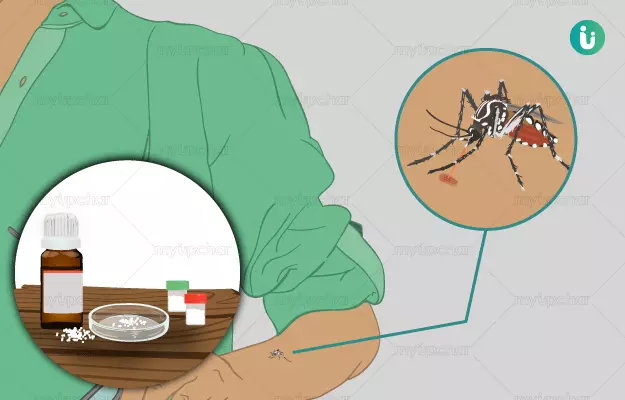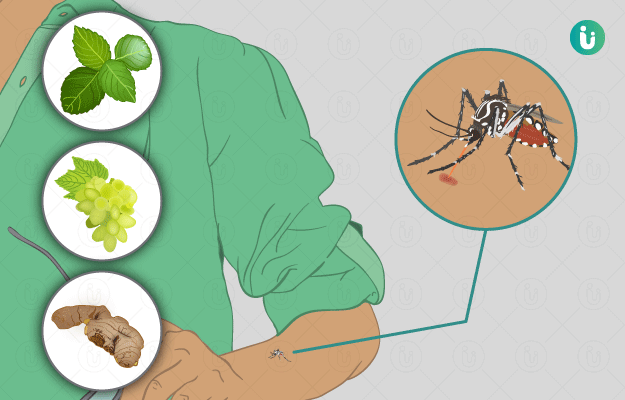Malaria is an infectious disease caused by the Plasmodium family of microbes; the four common malarial parasites include Plasmodium vivax, P. falciparum, P. ovale and P. malariae. The disease is transmitted through the bite of infected mosquitoes (female Anopheles) and shows up in stages - the chill stage, heat stage and sweat stage. These stages tend to reappear at fixed intervals of time. The chief symptoms of malaria include fever with chills and sweating, headache, body ache, nausea and vomiting and severe weakness.
Malarial parasite destroys red blood cells, leading to a reduction in blood haemoglobin content. In severe cases, the organisms attack the central nervous system, causing breathing problem (respiratory distress), low blood pressure, decreased blood sugar, and kidney failure.
Antimalarial medicines (chloroquine) and antibiotics comprise the standard treatment of malaria. Homoeopathic medicines, on the other hand, aims at strengthening body's own immune system, thereby helping reduce the symptoms of malaria. Various research studies have observed the effectiveness of homoeopathic medicines in the treatment of malaria. Some of these medicines include sulphur, natrum muriaticum, nux vomica, rhus toxicodendron, eupatorium perfoliatum, pulsatilla pratensis, china arsenicum, calcarea arsenicum, arsenicum album, bryonia album, ipecacuanha, chininum sulphuricum, chelidonium majus, and china officinalis.





























